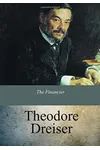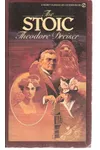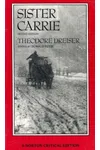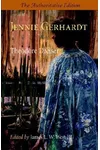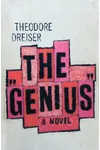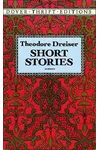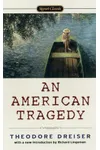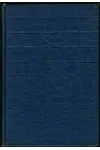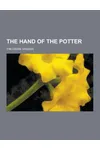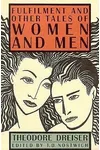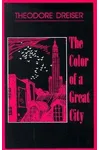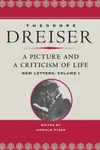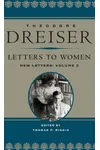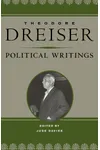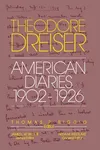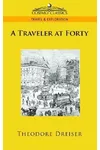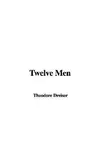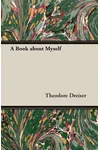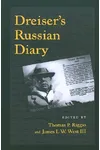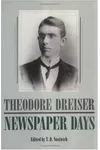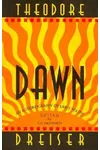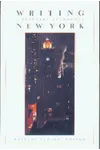Picture an American storyteller who peeled back the glittering facade of the American Dream to reveal its gritty truths—meet Theodore Dreiser! Born in 1871, this literary trailblazer rose from humble beginnings to become a titan of naturalism, crafting novels like Sister Carrie and An American Tragedy that still pack a punch today.
Dreiser’s unflinching tales of ambition, desire, and societal flaws shook the literary world, blending raw honesty with a knack for capturing human struggles. His work wasn’t just storytelling—it was a mirror to society’s highs and lows, making him a voice that echoed far beyond his time.
The Making of Theodore Dreiser
Born in Terre Haute, Indiana, Theodore Dreiser grew up in a large, poor German-American family, the ninth of ten children. Poverty and a strict religious upbringing shaped his early years, sparking a curiosity about life’s inequalities. After a stint at Indiana University, Dreiser dove into journalism, working as a reporter in Chicago and New York. These gritty city experiences fueled his hunger to write stories that didn’t shy away from life’s messier truths.
Theodore Dreiser’s Unforgettable Stories
Dreiser’s debut novel, Sister Carrie (1900), follows Carrie Meeber, a young woman chasing fame and fortune in Chicago and New York. Its raw depiction of ambition and morality sparked controversy but cemented Dreiser’s reputation for bold storytelling. In Jennie Gerhardt (1911), he explored class and sacrifice through a working-class woman’s struggles, showcasing his knack for empathetic, unflinching narratives.
His magnum opus, An American Tragedy (1925), dives into the dark side of ambition, inspired by a real-life murder case. The story of Clyde Griffiths’ desperate climb up the social ladder gripped readers and critics alike, earning praise for its psychological depth. Dreiser’s naturalistic style—gritty, deterministic, and rich with detail—painted human nature as a battle against societal forces, making his works both timeless and provocative.
Later works like The Financier (1912) and The Titan (1914) tackled capitalism and power, proving Dreiser’s versatility. His prose, often dense yet vivid, invited readers to wrestle with life’s big questions, from wealth to morality.
Why Theodore Dreiser Matters
Dreiser’s fearless exploration of social issues—poverty, class, and the elusive American Dream—paved the way for modern American literature. His naturalistic approach influenced writers like Sinclair Lewis and John Steinbeck, who also grappled with societal truths. Despite censorship battles and mixed critical reception, Dreiser’s commitment to authenticity made him a literary icon whose stories still resonate in today’s unequal world.
His legacy lives on in classrooms, book clubs, and adaptations, like the 1951 film A Place in the Sun, based on An American Tragedy. Dreiser didn’t just write novels; he challenged readers to confront uncomfortable realities, sparking conversations that endure.
About Theodore Dreiser
- Born: August 27, 1871, Terre Haute, Indiana
- Key Works: Sister Carrie, An American Tragedy, Jennie Gerhardt
- Genre: Naturalism, Realism
- Died: December 28, 1945, Hollywood, California
Snag Sister Carrie or An American Tragedy and dive into Theodore Dreiser’s bold, thought-provoking world of American naturalism!
